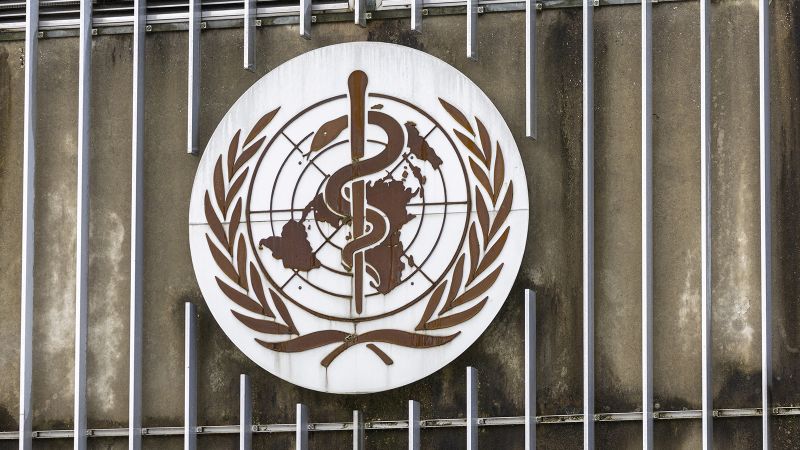On Monday, President Donald Trump made headlines with his announcement to withdraw the United States from the World Health Organization (WHO), marking a significant policy shift that quickly attracted criticism from various public health experts. This action was taken on his first day back in the White House, stirring discussions about international health coordination amid ongoing global health challenges.
Trump has long expressed skepticism about the United Nations’ health agency. The administration’s formal process of withdrawing from the WHO began in July 2020 as the Covid-19 pandemic was expanding its footprint worldwide. However, this move was halted by then-President Joe Biden shortly after he assumed office four years ago, signaling the U.S.’s commitment to the international body responsible for coordinating responses to worldwide health emergencies.
In the executive order issued on Monday, the reasons given for this notable withdrawal consisted of alleged mismanagement by the WHO during the COVID-19 pandemic that initially emerged from Wuhan, China. It further criticized the organization for failing to implement necessary reforms and for lacking independence from its member states’ political influences. Trump reiterated his long-held belief that the U.S. was disproportionately funding the WHO compared to other nations, a sentiment he expressed in 2020 when he accused the organization of colluding with China to obscure the origins of the coronavirus.
In terms of political dissent, reactions to Trump’s withdrawal announcement have echoed through both sides of Congress. Bipartisan criticism was evident during the initial stages of Trump’s decision to sever ties with the WHO. Prominent figures like then-House Speaker Nancy Pelosi labeled the withdrawal as “an act of true senselessness.” Similarly, then-chairman of the Senate Health, Education, Labor and Pensions Committee, Senator Lamar Alexander, also expressed disagreement with Trump’s approach. The bipartisan consensus highlighted the dangers of disengaging from a critical global health organization, particularly at a time when collaborative efforts are essential for tackling health crises.
Notably, Dr. Ashish Jha, who served as the Covid-19 response coordinator during the Biden administration, characterized Trump’s second-term decision to withdraw from the WHO as a “strategic error.” He underscored the importance of the WHO, indicating that the U.S. withdrawal could create a significant vacuum that China might subsequently fill, inevitably leading to increased Chinese political influence on the world stage. By predicting that China may step up its role in the WHO, Jha warned of the potential loss of American leadership in international health, which could have long-lasting consequences.
Legal and public health experts like Lawrence Gostin, a professor at Georgetown University, also weighed in, calling this withdrawal decision “the most momentous” of Trump’s recent executive actions. He described it as “cataclysmic,” asserting that it could inflict lasting damage on global public health and ultimately weaken the U.S.’s own health interests. This sentiment was echoed by Jha, who pointed out that the U.S. has historically provided crucial resources and expertise to the WHO.
Trump’s executive order instructed both the Secretary of State and the Director of the Office of Management and Budget to suspend any future transfers of U.S. government funds and resources to the WHO. However, it should be noted that actual withdrawal from the organization takes a full year, during which the U.S. is still obligated to provide funding. Experts expressed skepticism regarding Trump’s adherence to this timeline, questioning whether he would honor global obligations.
Furthermore, Gostin pointed out legal flaws and factual inaccuracies regarding Trump’s actions, claiming that the decision to disengage from the WHO does not comply with the required legislative processes. The overarching argument against this withdrawal centers on the critical nature of global cooperation during health emergencies, which has become all the more pressing in the context of the ongoing pandemic and potential future crises.
As the discussion surrounding the U.S.’s involvement in the WHO continues, concerns linger regarding the implications for international health governance and the role the U.S. could play in rebuilding global health infrastructure when it appears to be stepping back into isolation.












